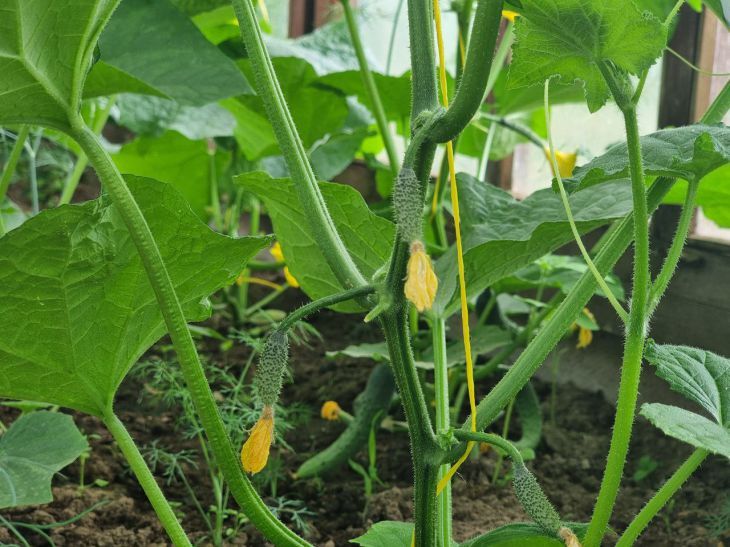Unfortunately, many inexperienced gardeners and summer residents make a very common mistake when planting crops from which they expect a lot.
Some of these plants are "registered" in locations where cucumbers used to grow. As a result, instead of the expected abundance of harvest, at best, they get a meager pittance.
Anastasia Kovrizhnykh, an expert of the online publication BelNovosti, agronomist and landscape designer, spoke about what should not be planted in place of cucumbers.

According to her, cucumbers “take” all the nutrients from the soil, so it is better to plant intermediate – unpretentious – crops in that place.
Intermediate crops are plants that are planted between main crops and are often used for silage or fertilizer.
It is these plants that help enrich the soil.
We are talking about summer mustard, rape, lupine, oilseed radish and winter rye, winter rape. Winter (hairy) vetch is also possible.
After cucumbers, you can also plant legumes, cruciferous crops, and leafy vegetables such as lettuce and spinach.
Planting of carrots, parsley, celery, garlic, onions, and dill is acceptable.
But you shouldn’t plant pumpkins, squash, melons and watermelons after cucumbers, since they may not grow at all in depleted soil.

